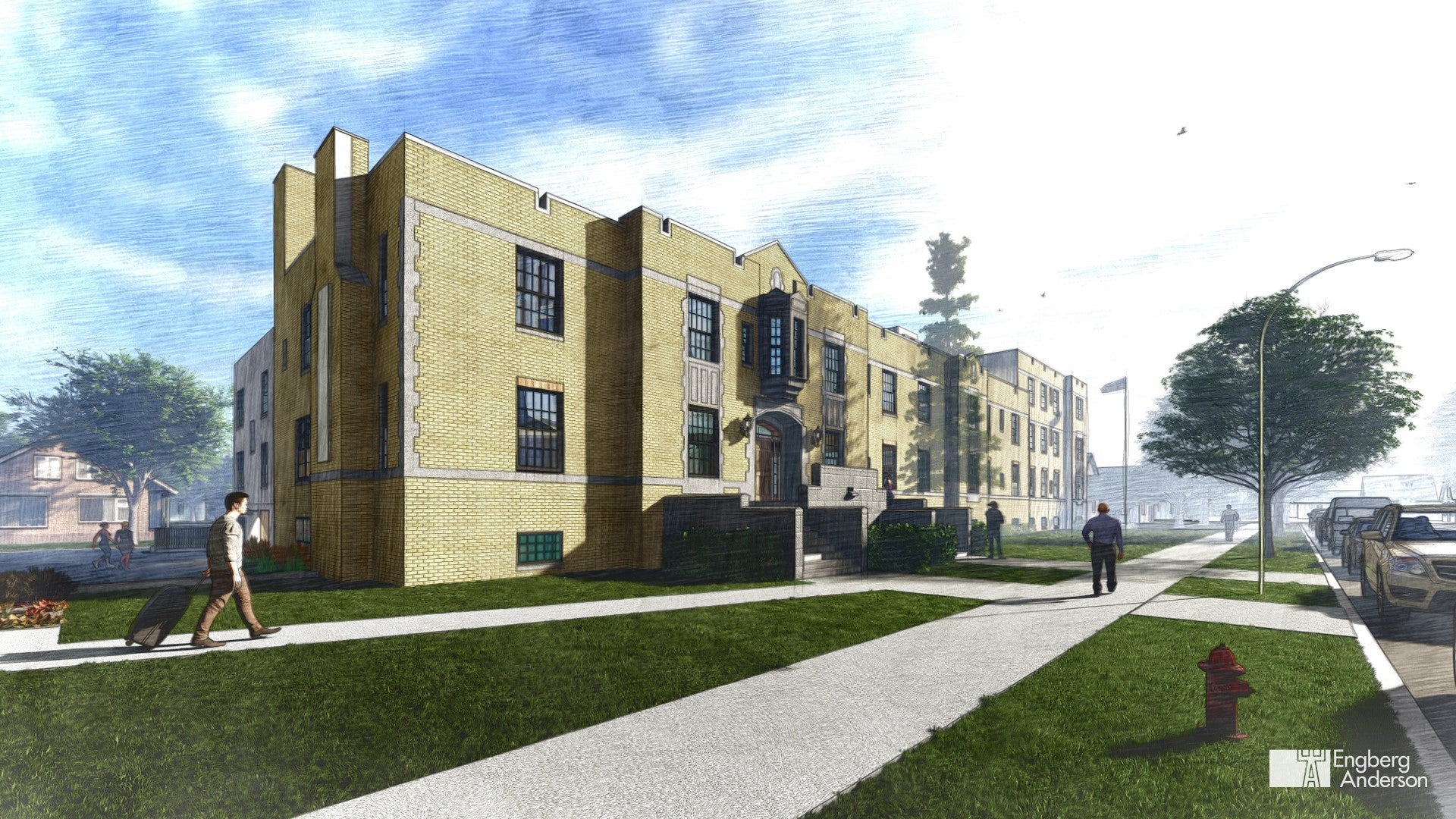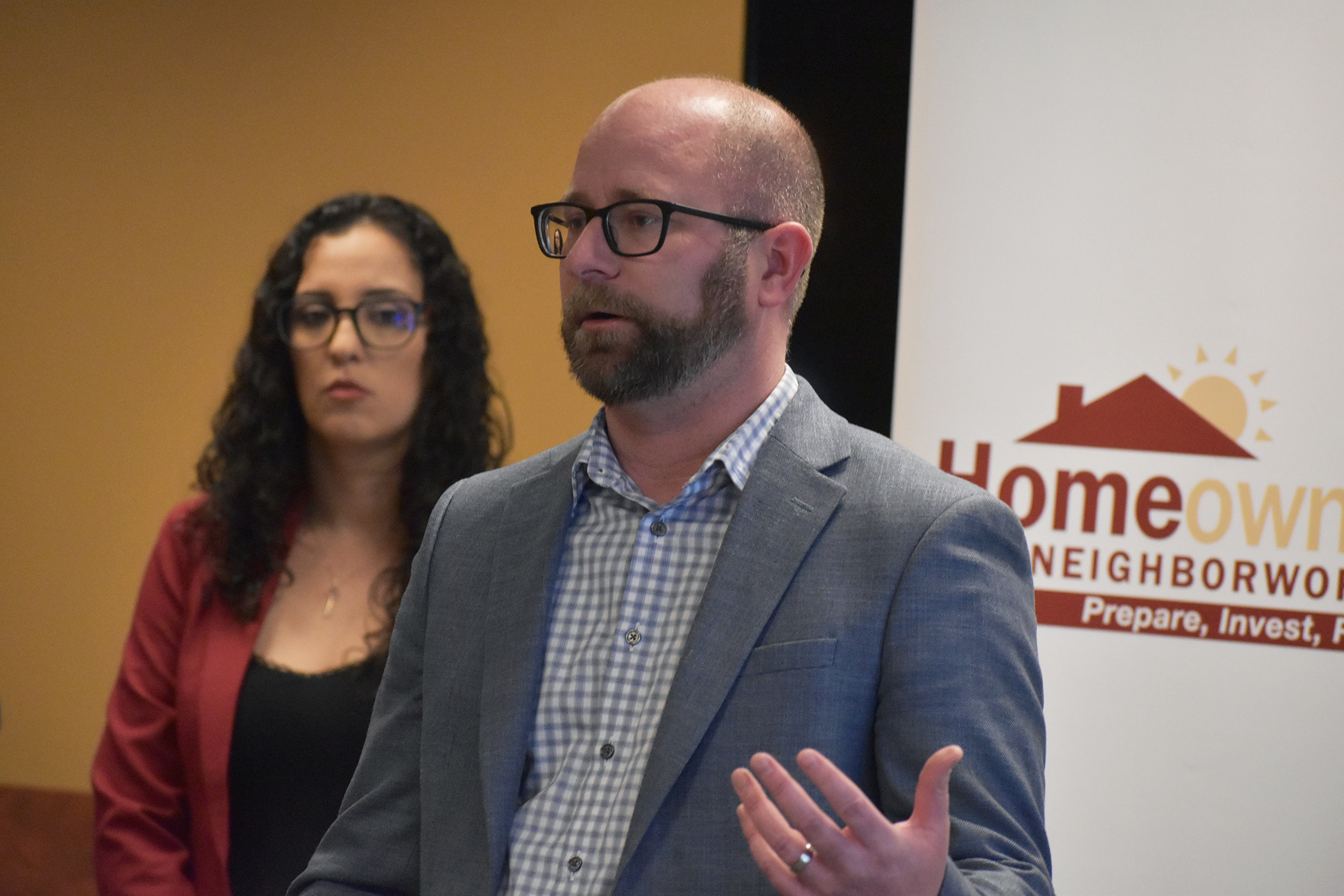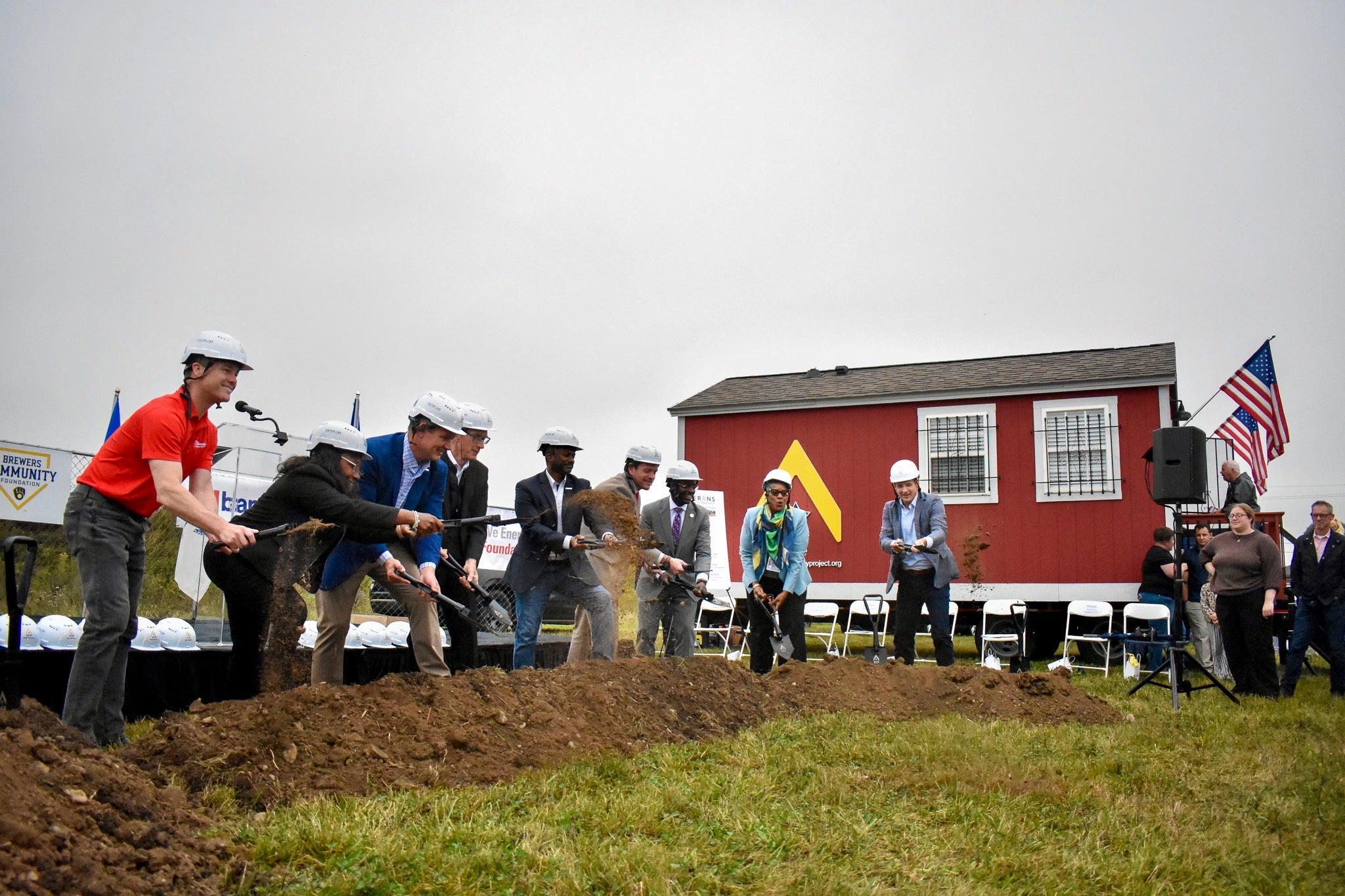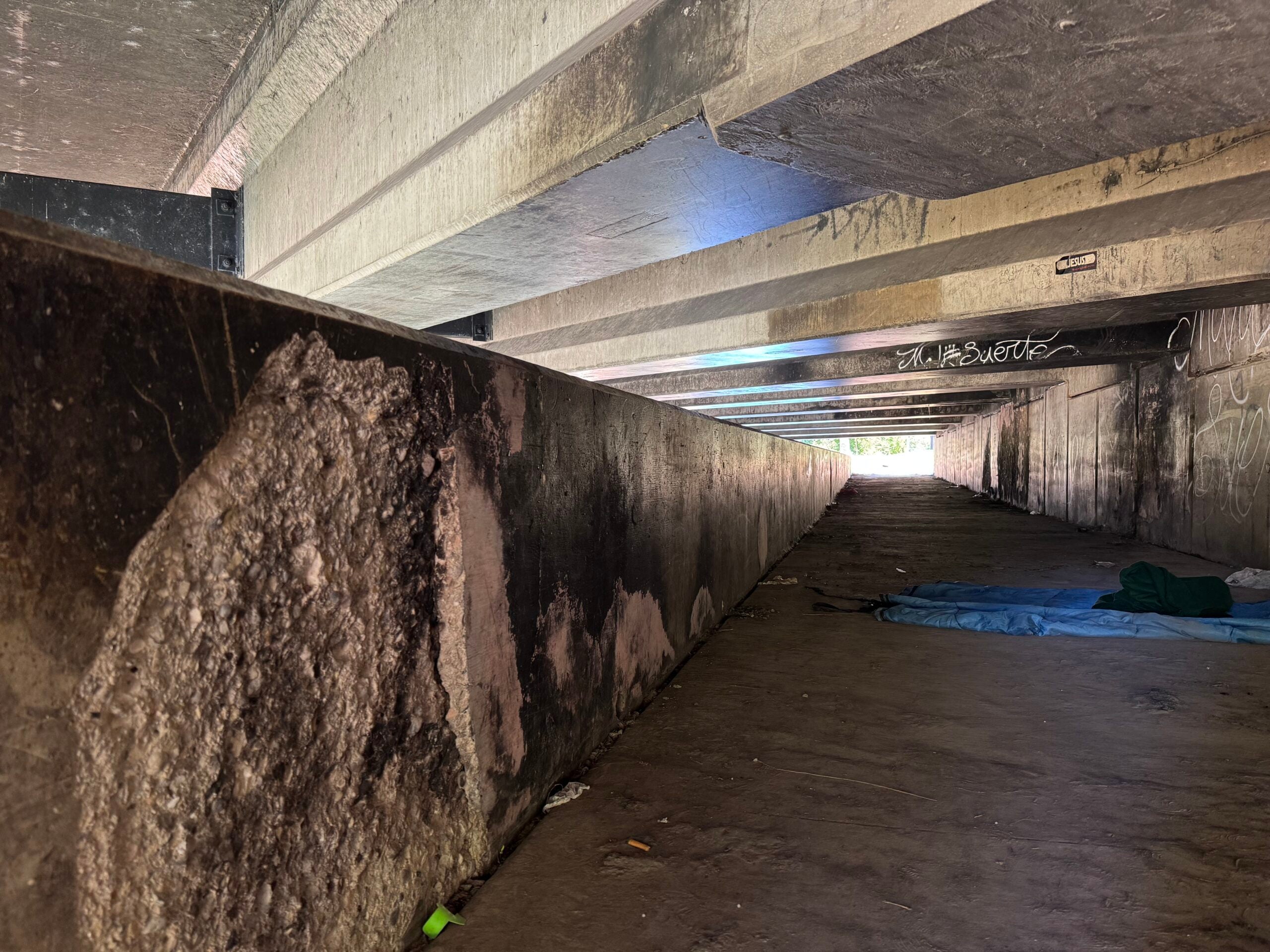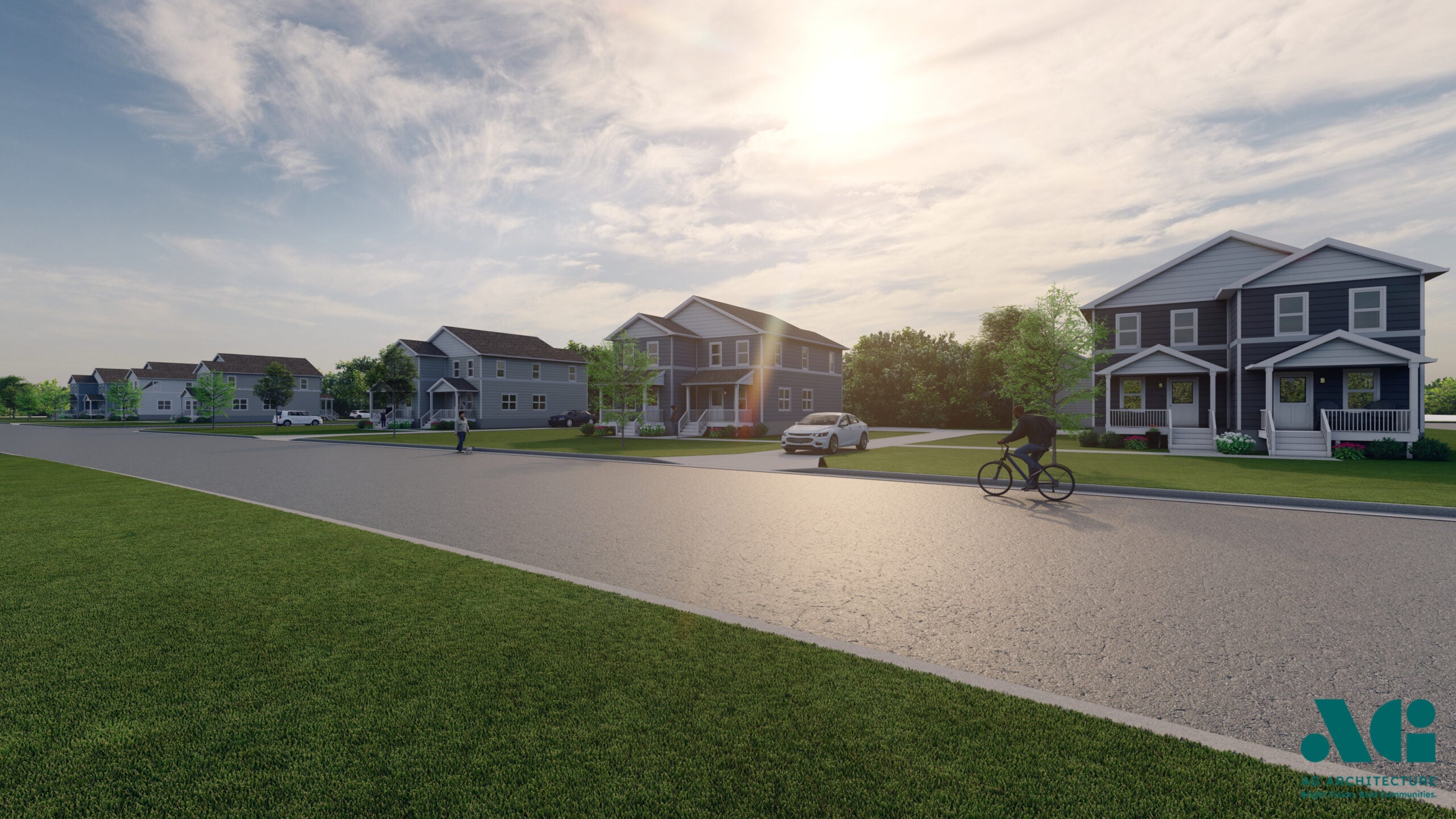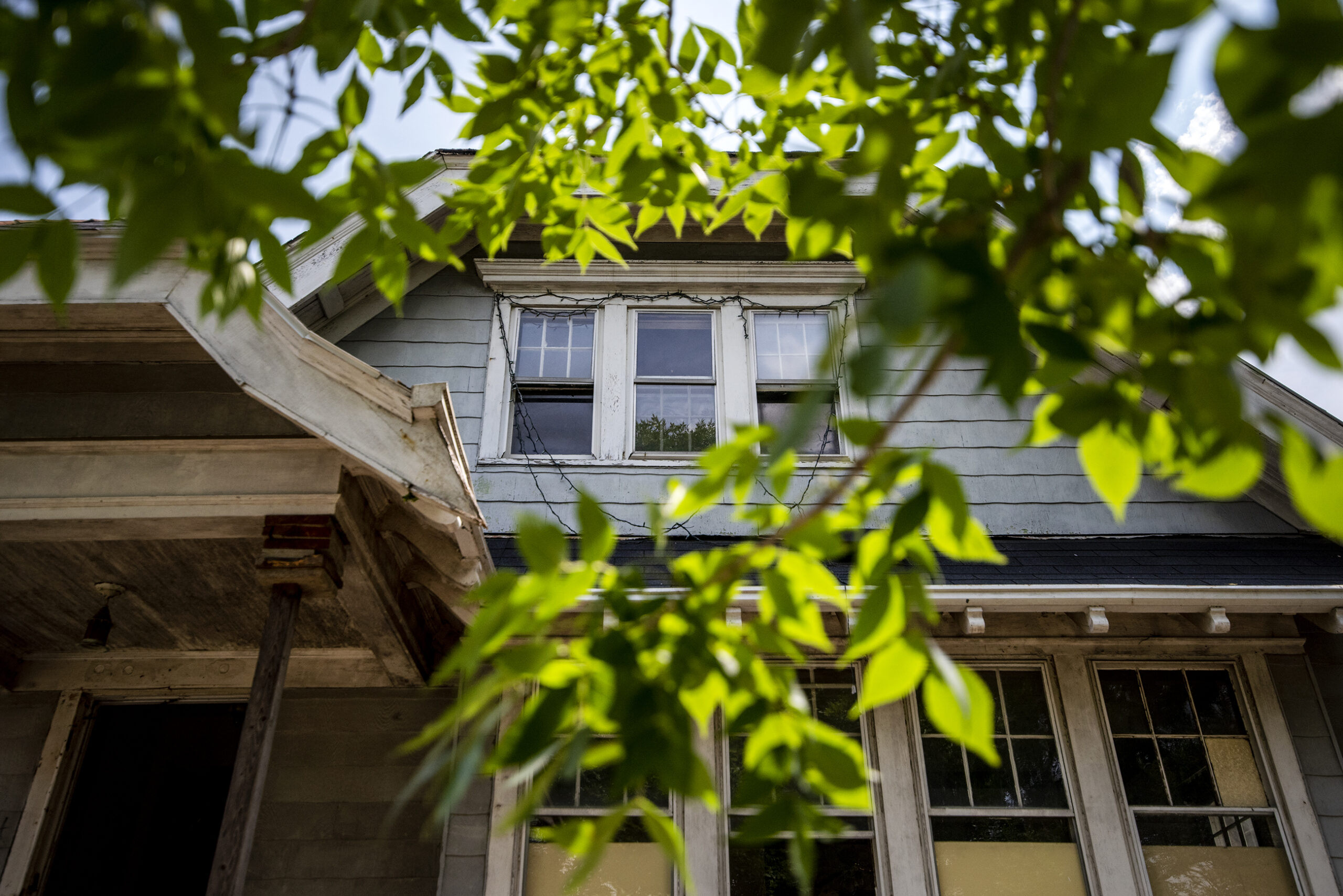A new project in Milwaukee, which county officials say is the first of its kind in Wisconsin, is combining crisis beds for people without homes along with permanent affordable apartments under the same roof.
The project comes as Milwaukee County has seen a recent uptick in its unhoused population.
Eric Collins-Dyke, the assistant administrator of supportive housing and homeless services for Milwaukee County, said the development on the city’s west side will allow outreach coordinators another option to serve people in need.
News with a little more humanity
WPR’s “Wisconsin Today” newsletter keeps you connected to the state you love without feeling overwhelmed. No paywall. No agenda. No corporate filter.
“Serving someone on the street — giving them the chance to get indoors right away as quickly as possible — is something we always try to do, so having this resource will be incredibly helpful for us in the system,” Collins-Dyke said.
Milwaukee-based KG Development received $1 million from the Milwaukee County Board of Supervisors toward redeveloping an existing building for the project. The money will be allocated through federal American Rescue Plan Act funds.
The building, which was the former site of Milwaukee’s Jewish Home, will have 24-hour crisis services available to those in need. The project will have separate wings and will be redeveloped to include 20 crisis housing units and 21 affordable housing units.
“This is truly one of the most unique projects we’ve ever done in all the years that we’ve been doing housing,” said James Mathy, Milwaukee County’s housing administrator.
Mathy said the county is dedicating $1 million to hire a nonprofit to work with the county to run the crisis center. He said as of now, those crisis beds will be open to people in need of emergency housing — from people experiencing homelessness to people fleeing domestic violence.
“At the moment, it’s a little open-ended,” Mathy said about who can stay there and when. “We certainly assume that a lot of individuals who are going through a homeless crisis will be one of our target populations.”
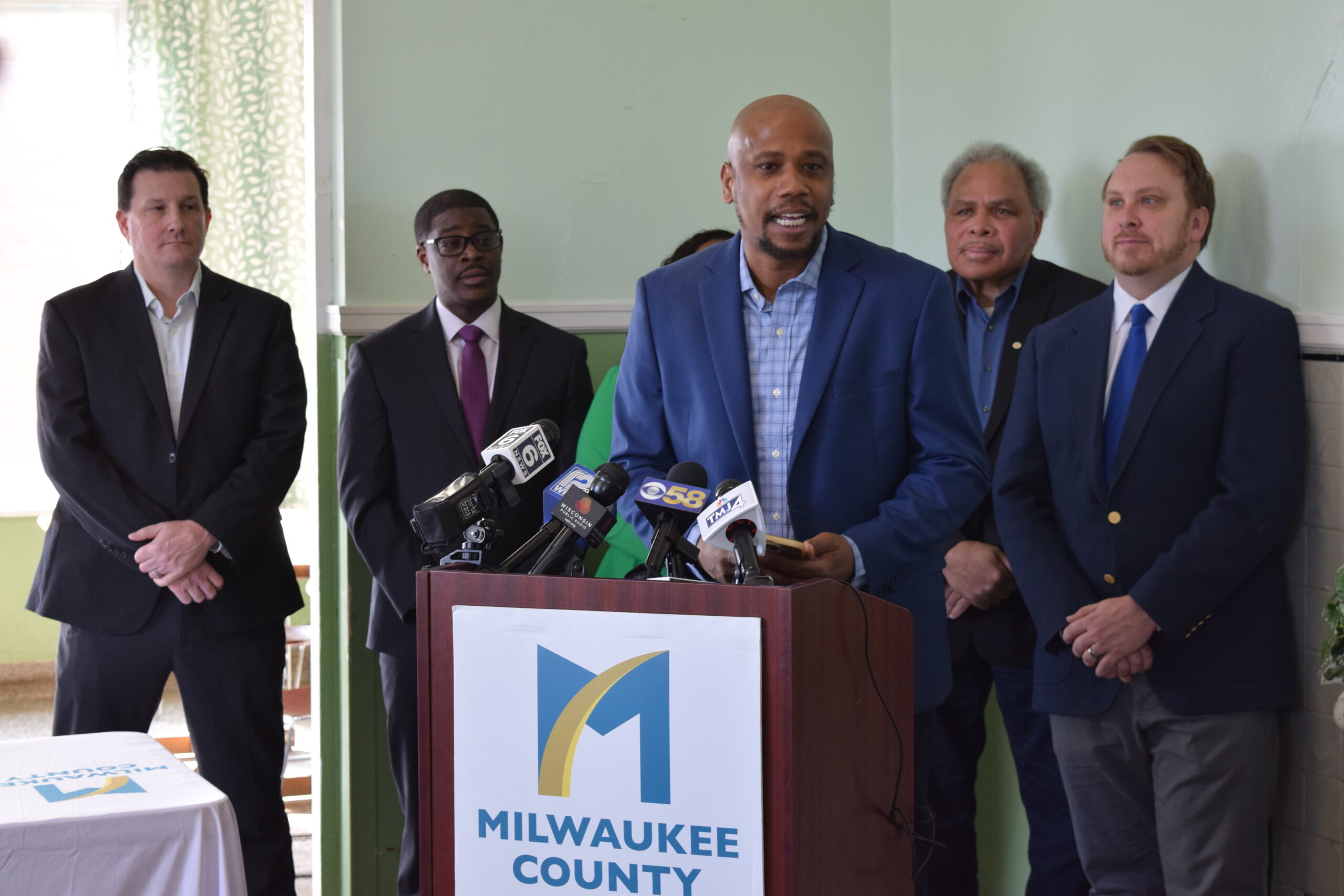
Unlike a typical shelter, the crisis housing units are independent rooms, something that Mathy said is important for the “dignity and privacy of individuals.”
Milwaukee County Executive David Crowley signed the resolution allocating the funds to KG Development on Monday.
“When people are experiencing emergency housing situations and dealing with trauma, this will be a safe, accessible place for them to come to,” Crowley said before he signed the resolution. “When people arrive, supportive services will be available to help them heal, access resources and look to a brighter future.”
Construction is set to begin in June. It’s expected to take around nine months to complete, according to Anthony Kazee of KG Development.
“This project is more than a place to live. It’s a foundation for life, providing the tools and resources necessary for our neighbors to build a sustainable, fulfilling future,” Kazee said.
Much like other communities across the state, Milwaukee has been looking to increase the number of affordable housing units for its residents. According to a December 2022 county memo, there are around 70,000 families in Milwaukee County that earn $15 per hour or less. But only about 30,000 rental homes are available for $650 a month or less — a shortage of 40,000 units.
Homelessness is also on the rise across the community, according to Collins-Dyke. That’s partly due to the expiration of federal pandemic relief funds that helped address the immediate needs of people without shelter — including helping individuals stay in hotel rooms while they looked for permanent housing.
Collins-Dyke said there are currently around 60 crisis beds in Milwaukee County, so adding 20 more will help the efforts of outreach workers.
“We have a longstanding need for more crisis beds in the community, especially for the homeless outreach team working on the street, so to have direct access to beds will be huge for us,” Collins-Dyke said.
Milwaukee County Supervisor Shawn Rolland said the goal is to get more people into permanent housing.
“A lot of these people feel like the floor has dropped out from them and they don’t know where to go,” he said. “This gives these people a safe foundation to build a happy and healthy life.”
Wisconsin Public Radio, © Copyright 2026, Board of Regents of the University of Wisconsin System and Wisconsin Educational Communications Board.

